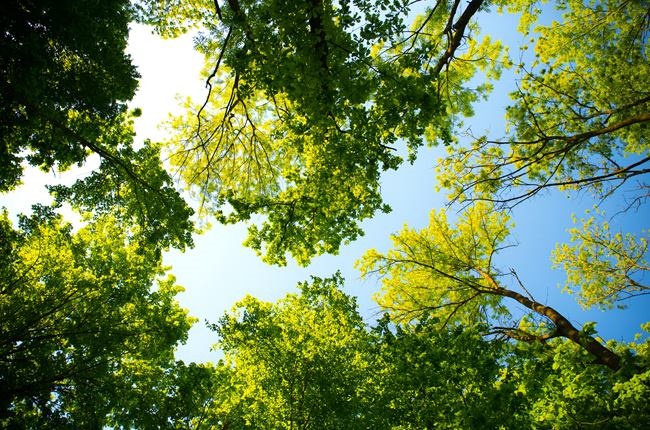Virus particles, such as SARS-CoV-2, which are suspended in the air following an infected person's cough or sneeze can become attached to pollen grains and be dispersed in a breeze, causing it to spread farther and faster, say researchers from the American Institute of Physics.
The team used computer modelling and physics to mimic the pollen movement from a willow tree, and simulated outdoor gatherings of up to 100 people, with some of them shedding Covid particles. The people in the crowd were then exposed to 10 000 pollen grains.
Based on what the scientists found, the two-metre rule, therefore, may be less effective even in outdoor settings, they concluded, and urged people to avoid gathering close to types of plants or trees known to be active during the pollen season.




 Publications
Publications
 Partners
Partners













